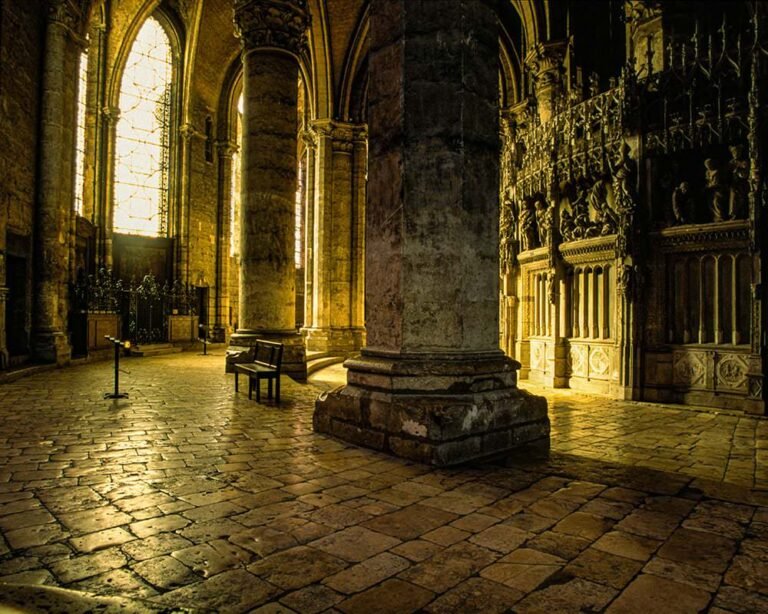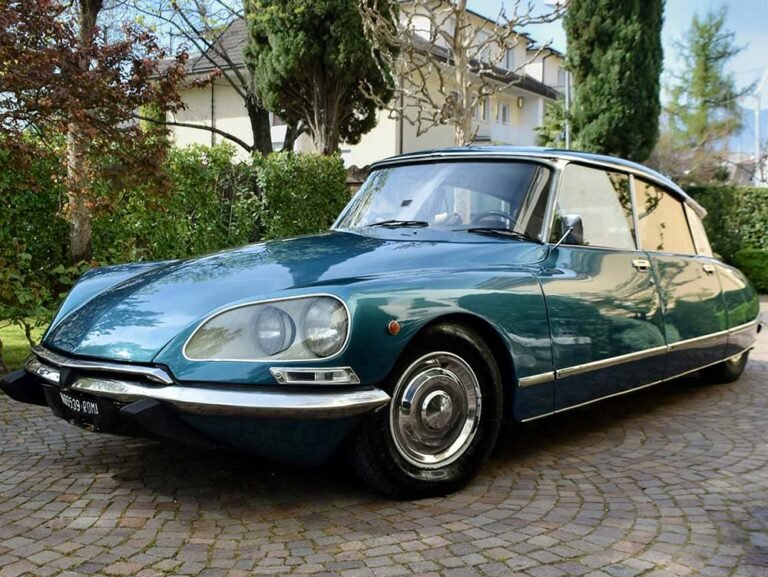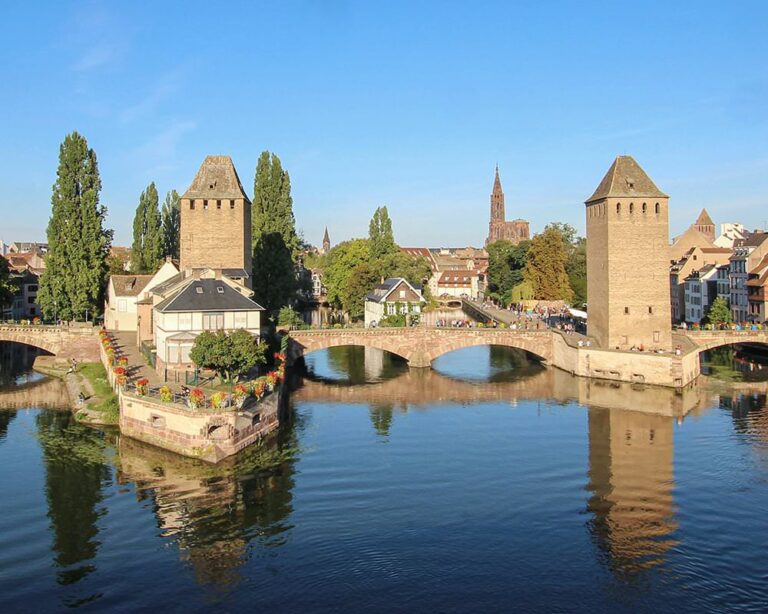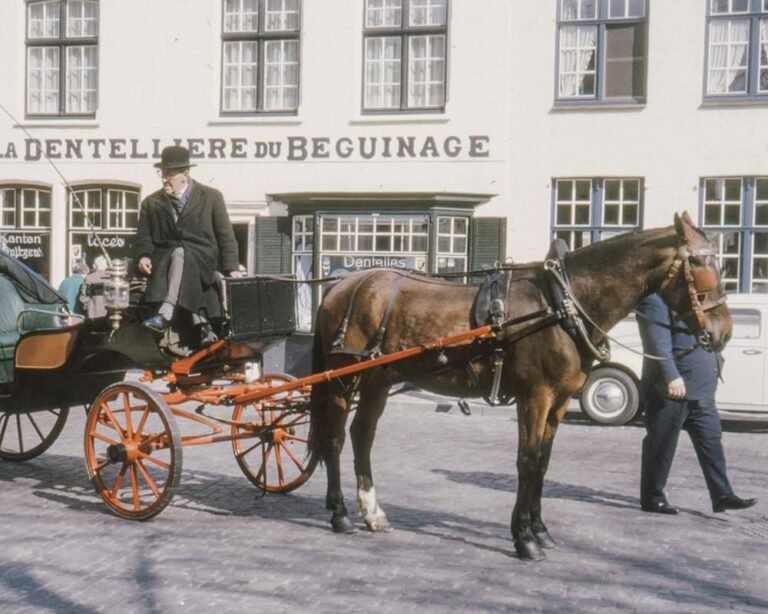to grow
How do you translate the English verb “to grow” into French? There is not a single French verb that covers all the different meanings of “to grow,” so you need to select the appropriate verb from the following list of verbs. cultiver (cultivate, grow) grandir (grow up, grow) pousser (push, grow) augmenter (increase, grow) devenir (become,…









